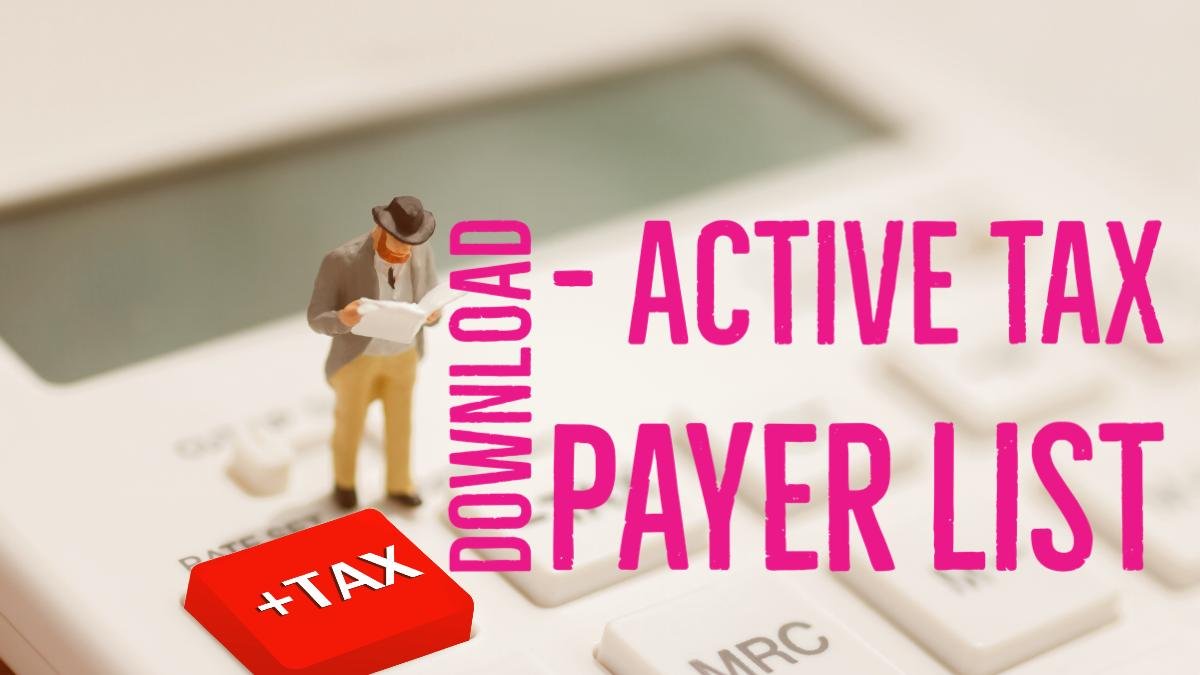Major changes in NAB Ordinance under the National Accountability Bureau Amendment Ordinance (NAO) 2021
The power to appoint NAB Chairman will be exercised by none other than the president himself under the National Accountability Bureau Amendment Ordinance (NAO) 2021, which he promulgated on Wednesday.
It says the current NAB chairman will have all the powers till the appointment of a new one, adding that Iqbal can also be chosen as a candidate for the new NAB Chairman.
The ordinance has stated that the president will appoint the NAB chairman in consultation with the prime minister and the leader of the opposition.
“If there is no unanimous decision on the appointment of new NAB chairman, the matter will be referred to a parliamentary committee,” it added.
It has said that the NAB chairman can be removed from office under Article 209 of the Constitution.
The new ordinance has stated that the NAB chairman will have the power to make arrests, while complaints against the NAB chairman will be heard by the Supreme Judicial Council (SJC).
According to the ordinance, the term of NAB chairman’s office will be of four years, while on completion of the said period, the incumbent NAB chairman can be re-appointed for four more years.
The ordinance stated the procedure in place for the removal of the Supreme Court judges will be adopted for the removal of the NAB chairman as well.
It has said the NAB chairman can send his/her resignation to the president.
Under the new ordinance, the president has the authority to establish as many accountability courts in the country as he deems fit.
The ordinance has stated that the president will appoint judges of accountability courts for a period of three years in consultation with the concerned chief justices of the high courts.
Under the new ordinance, all offences will be non-bailable and only the accountability courts will have the power to grant bails or release the accused.
It has said that the chairman will file a reference in consultation with the NAB prosecutor general, while the reference can be filed in any accountability court across the country and the court will be allowed to use technology to record evidence.
NAB law will not apply to federal, provincial and local taxation matters
According to the ordinance, the NAB law will not apply to federal, provincial and local taxation matters, and the decisions of the federal and provincial cabinets, committees and sub-committees will not fall under the purview of the NAB.
The ordinance has stated that decisions of the Council of Common Interest (CCI), National Economic Council (NEC), National Finance Commission (NFC), Executive Committee of the National Economic Council (ECNEC), Central Development Working Party Meeting (CDWP), Provincial Development Working Party (PDWP) will also be outside the jurisdiction of the NAB.
It has further stated that public or government projects regarding irregularities of rules will also be outside the domain of the NAB.
The amendment has also allowed additional sessions judges to be elevated as the accountability court judges, while the trial court will be responsible for granting bail to the suspect as per the NAB ordinance.






